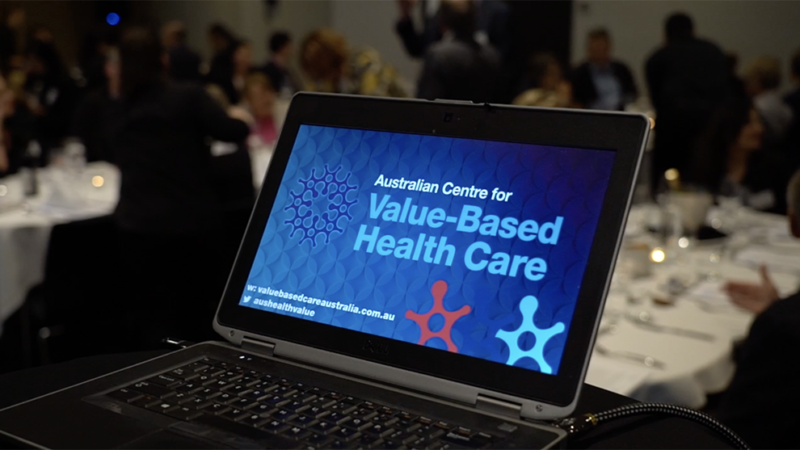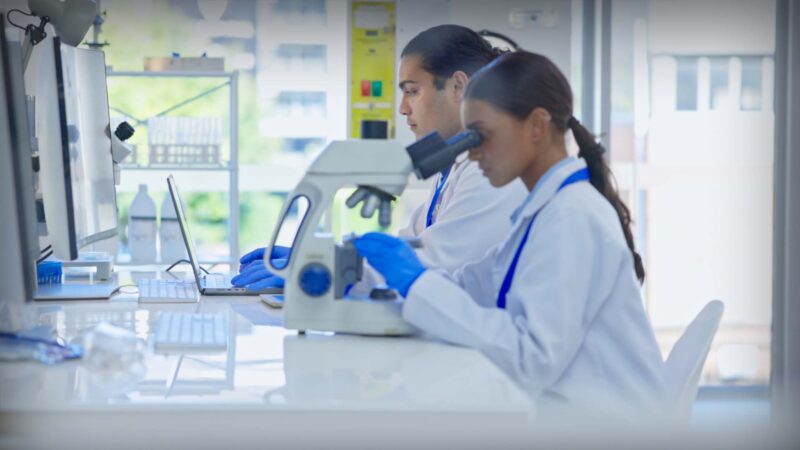The medical technology industry in Australia is crucial for the economy, but there is a need to address challenges in attracting talent and promoting innovation in order to support its growth and potential, according to an extensive report on medical technology in Australia.
In June 2023 the Medical Technology Association of Australia (MTAA) launched The Value of MedTech Report – a major study quantifying the difference the MedTech industry makes to the lives of Australian patients, the healthcare system and the Australian economy.
The report was prepared using analysis by the Nous Group for the Medical Technology Association of Australia with support from MTPConnect and Pathology Technology Australia.
As part of MTAA’s annual MedTech on the Hill initiative, the report was formally launched in June 2023 by the Minister for Health and Aged Care, the Hon. Mark Butler MP, in Parliament House during an event attended by Ministers, Members of Parliament, Senators, and key health sector stakeholders.
The Report brings to light the significant value and contribution of MedTech in Australia, particularly to Australia’s healthcare system, industry development, employment and the wider economy.
Australian Health Journal spoke with MTAA CEO, Ian Burgess and MTAA Policy Manager, Pravin Siriwardena about the report and its key findings.
About MTAA
The Medical Technology Association of Australia (MTAA) is the national association representing companies in the medical technology industry. MTAA aims to ensure the benefits of modern, innovative and reliable medical technology are delivered effectively to provide better health outcomes to the Australian community.
MTAA represents manufacturers and suppliers of medical technology used in the diagnosis, prevention, treatment and management of disease and disability. The range of medical technology is diverse with products ranging from familiar items such as syringes and wound dressings, through to high-technology implanted devices such as pacemakers, defibrillators, hip and other orthopaedic implants. Products also include hospital and diagnostic imaging equipment such as ultrasounds and magnetic resonance imaging machines.
You Might also like
-
Australian Healthcare and Hospitals Association Funding and Operating Models Hospitals and Clinics New Content Value-Based Health Care
Launch of Australian Centre for Value-Based Health Care
The movement to value based healthcare across the industry in Australia, gained pace last month, with the Australian Healthcare & Hospitals Association launch of the Australian Centre for Value-Based Health Care.
-
New clinical research entity first to operate across both Australia and New Zealand
Over the past 30 years, 18,000 clinical trials that have been registered in Australia, with the sector contributing $1.4 billion to Australia’s economy annually. Trials are a critical aspect of evidence-based medicine, and are essential for testing how new treatments, tests and vaccines will work. In New Zealand they contribute $146 million to the New Zealand economy.
To capitalise on this unique position and growth, a coordinated multi-site clinical research operation was missing, until now.
-
Nuclear medicine funding a win for men with prostate cancer
Australian men with higher risk prostate cancer now have access to a nuclear medicine scan to help detect and treat metastatic disease, after it was listed on the Medical Benefits Schedule (MBS) from 1st July 2022.
In 2021 over 18,000 Australian men were diagnosed with prostate cancer, resulting in over 3,000 lives being lost – and making prostate cancer Australia’s second most common cause of cancer death in men.
Australian Health Journal spoke with AANMS President Associate Professor Sze Ting Lee and Dr Geoff Schembri on the MBS listing and the efforts to get it listed.



